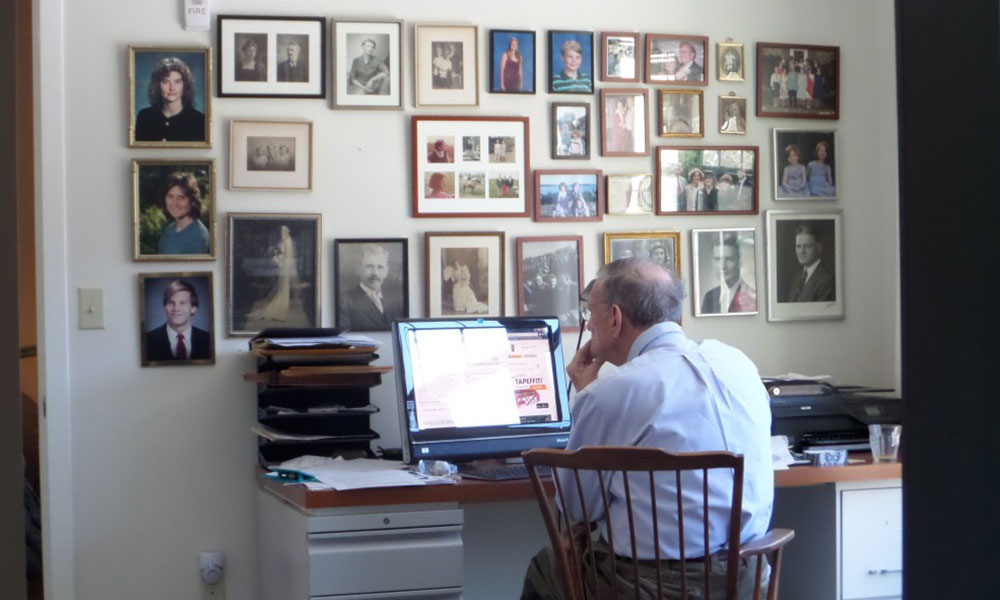I stayed in an assisted living facility during my holiday trip back to Boston; briefly and temporarily, not permanently. My parents moved from their rambling, charming, historic house on five acres in New England to a much more circumscribed facility for seniors in a nearby town. I had the run of the guest room in the independent living section, a short wheel away.
Traveling from their quarters to mine, I straddled the independent/assisted line twice daily. On the independent side, I visited the state-of-the-art gym, a library with hard-back books, and an attractive lap pool. Cross to assisted, and the books in the library become paperbacks. No pool or gym on this side, though access is not denied for those venturing over the border.
If you are using an assistive device, such as a wheelchair, you belong on the assisted living wing. (Flash back to the retirement facility my paternal grandparents moved to. Staff allowed the use of mobility aids but demanded all apparatus be removed once residents were seated and served in the dining room. Out of sight, of course, out of mind. But that little adage can make us all short-sighted, especially when it becomes common practice.) As “assisteds,” my parents dine in a separate room from “independents.” Like many others with mobility problems, my mother uses her walker to get to the dining room where it stays within easy reach. The room was chock-a-block with wheels.
One night, my path took me by the front desk located near the independent living entrance. (Yes, there are also two distinct entrances. I tried not to think of segregation, though I was reminded of past eras where my wheeled predecessors facing chronic conditions had to fight automatic institutionalization.) I stopped to introduce myself to the security guard on duty. He welcomed me and wondered if I needed anything. I paused before answering. Did I need anything? The guest bathroom had grab bars in key places so I could make use of all the facilities. The turning radius in the apartment was large enough for ease of movement. The bed allowed for an easy transfer. Levers and handles replaced tough-to-turn knobs. The heat was fine. I had figured out the lights and the TV remote as well as how to lower the blinds and close the curtains. All set, for once.
Without any major concerns, I responded that I needed the Detroit Lions to score some points against the Baltimore Ravens, who beat the Patriots last year in the playoffs, and win the game. A loss would decrease the chances the Ravens qualified. He laughed. “That’s not something I can help you with, buddy.”
I started to think about all the other things that I wanted and tried to distinguish them from all the things I needed. I want a world unashamed of aging, of physical frailty, of devices that increase options. I want places of repose where degrees and shades of physical ability don’t lead to unnecessary separation. But what did I need? For that night? A safe place to rest my weary bones so that I could wake up refreshed and ready to help my parents make a tough transition to a new way of living, the assisted way.
I didn’t want my tender, fragile mother to keep apologizing for being slow or agonize over feeling awkward. I simply wanted to sit with her and look through old photos without regret or heavy sighs. I wanted to celebrate all the messy phases of our lives together. I wanted my family to see ourselves as part of a continuum, not divided by age or ability. I needed to come full circle, and I did.


Recent Comments